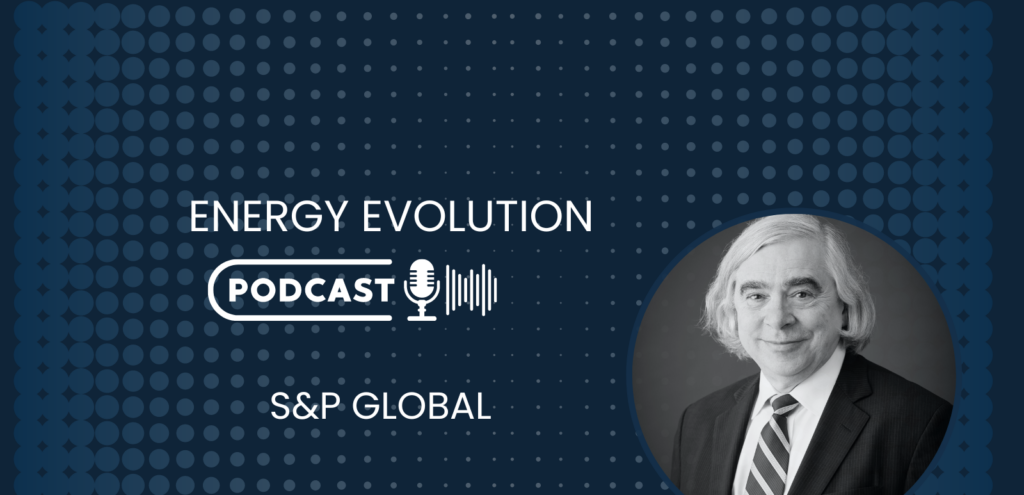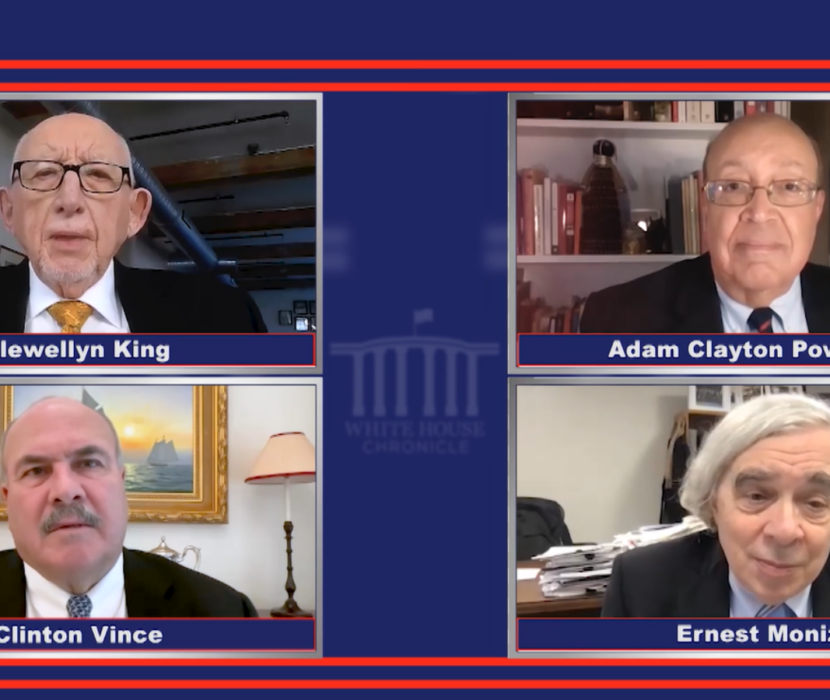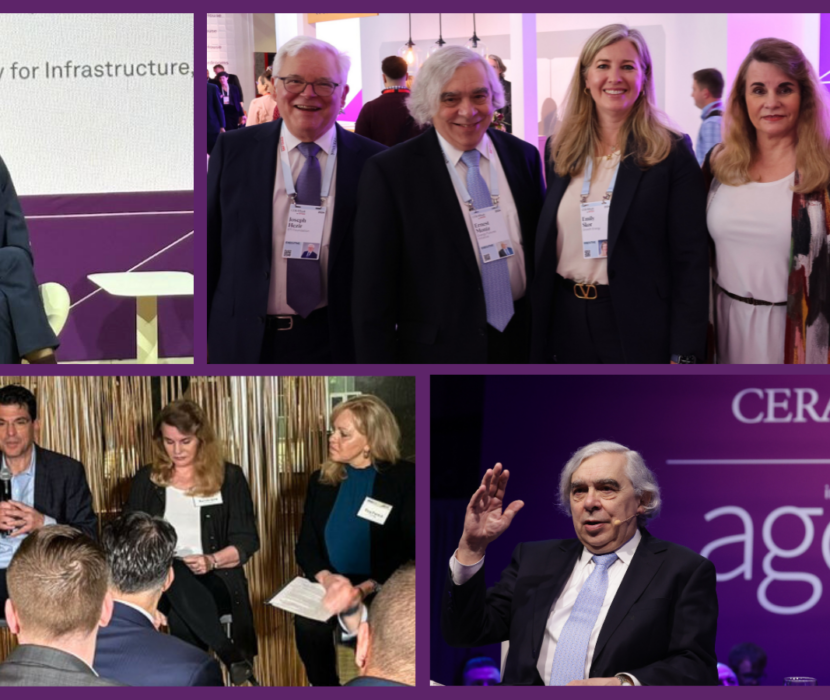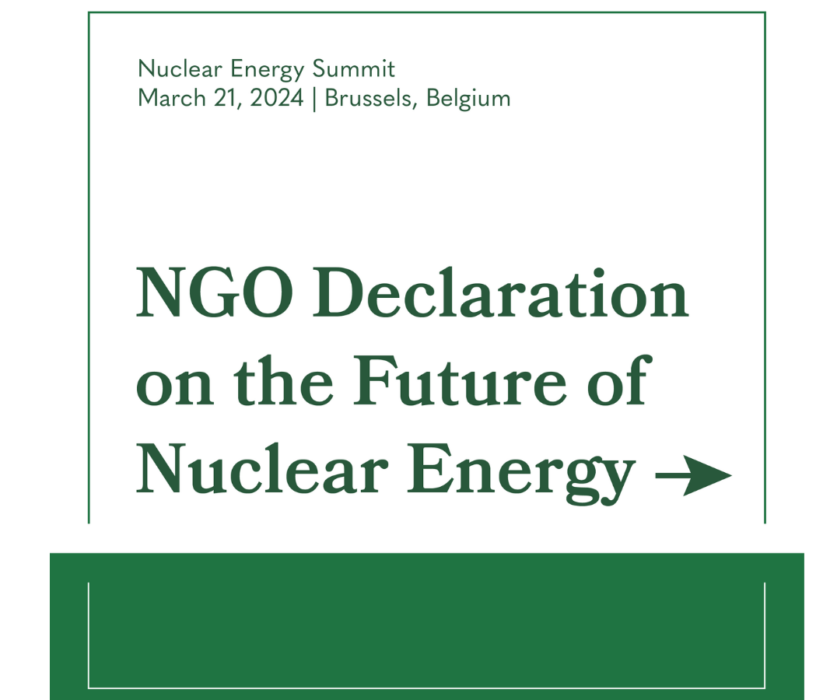
Energy Futures Initiative (EFI) CEO Ernest Moniz said that recent world events have led to the need to address energy security, climate change, geopolitics, and social equity as part of one conversation, in a recent S&P Global “Energy Evolution” podcast episode. His comments were from an interview with reporter Taylor Kuykendall during the annual energy conference CERAWeek in March.
Moniz said focusing on addressing climate change with energy security in mind helps us achieve our clean energy goals more effectively.
“It will put all the conversations on a more pragmatic path,” he said.
Moniz emphasized that Russia’s actions in 2014 and in 2022 showed that energy security is not solely a national issue, but a shared issue among U.S. allies. He gave as an example that liquified natural gas that Europe imported from the United States as the Russia-Ukraine conflict escalated had been redirected from Korea and Japan. Asian countries need natural gas, too, to meet both their energy security and decarbonization goals. He stressed the importance of taking a view of collective responsibility surrounding energy security. He further suggested that the G7 summit’s move to Japan this year is an opportunity to take a collective approach to energy security that involves Europe, the United States, and Asia.
He noted the Inflation Reduction Act (IRA) as another positive development to reduce carbon emissions. Moniz said its passage in August 2022, coupled with the Bipartisan Infrastructure Law (BIL), was significant for addressing energy-related problems, but there is still more work to be done to thoroughly implement it.
Moniz elaborated on the implications of the IRA on Europe’s response to its own energy provisions. He argued the IRA is equally as valuable for Europe as it is to the United States because it has forced them to review outdated regulations and rules. However, financial, labor, and domestic provisions also play a role in Europe’s approach.
He emphasized that Europe’s state aid rules need revisiting, as the rules could prevent Europe from pursuing parts of the industrial strategy encapsulated in BIL and IRA. He pointed out that this reevaluation is already under way.
Moniz ended by touching on how the IRA has sparked a “necessary relook at the hygiene of supply chains.” Certain disruptions in supply chains, such as the COVID-19 pandemic, have awakened efforts to build more stability in supply chains. These efforts would include not only the United States, Europe, and other allies, but would also include China as well. He said that China will be central to the global economy, but that the United States shouldn’t rely as heavily on China as it does.
“None of us should want to have a supply chain dependence that is overly dependent upon one country, one set of events,” he said.
– Kaycee Hubbard, Communications Intern
(Share this post with others.)




